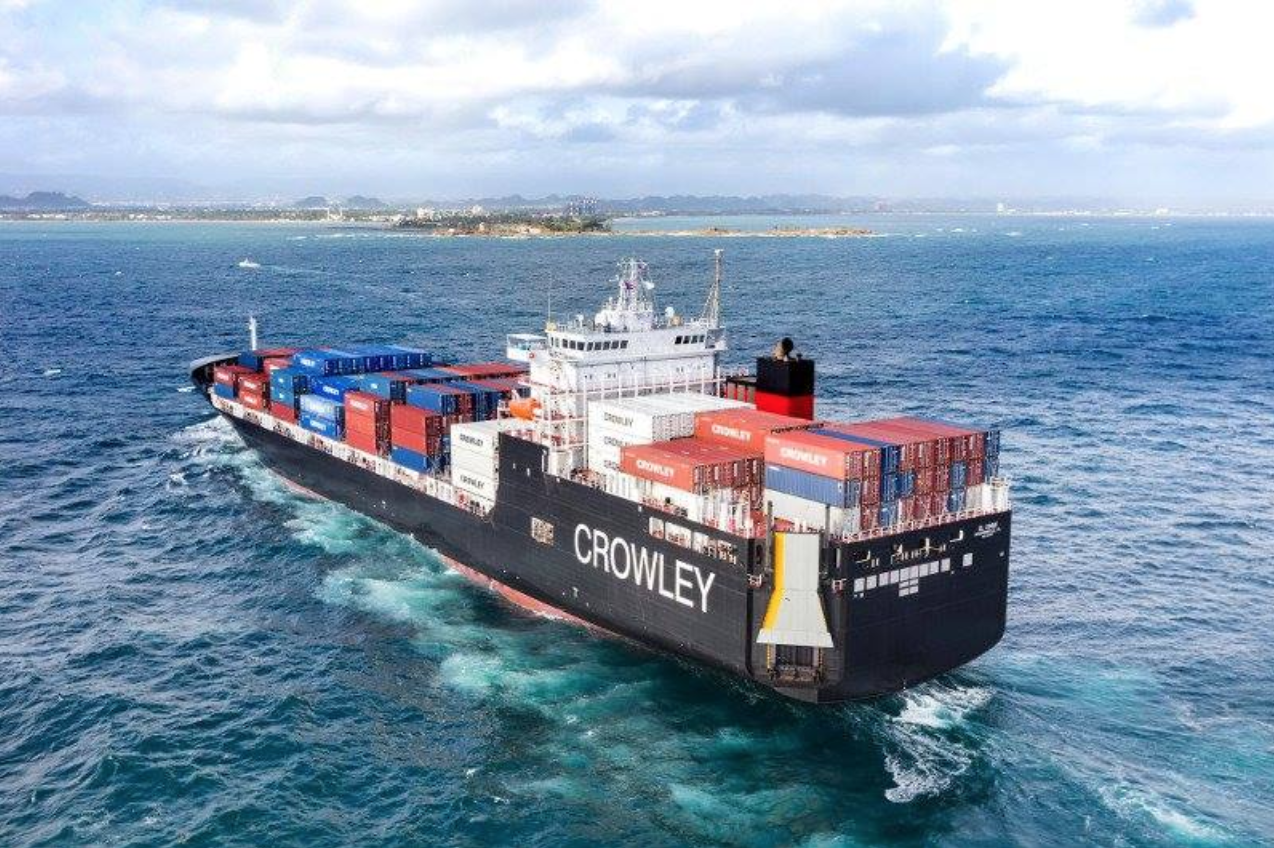The Fishermen’s Finest waiver for the America’s Finest has again thrown the Jones Act into the spotlight in the fishing industry. However, reports of the act's restraints on the transport of relief materials to hurricane-stricken Puerto Rico widened that spotlight for a mainstream audience. As a result, Congress is considering a broad-based 10-year waiver to the act that would also allow Russian tankers to carry LNG to the territory.
In response to the reported restrictions on providing relief to Puerto Rico, Crowley Maritime responded that their vessels had few problems in delivering goods to Puerto Rico. The bottleneck was in transporting those relief supplies inland, said Johan Sperling, Crowley Shipping's Vice President of Marine Services, at the 2018 King County Maritime Economic Forecast Breakfast in Seattle. The storm's destruction produced an immediate shortage of dockworkers, truck drivers, trucks, fuel and electricity to operate machinery.
Historically, U.S. presidents have declared short-term Jones Act waivers following significant storms, like Superstorm Sandy in New York and New Jersey, and Hurricane Harvey, which hit the Texas coast. So storms alone don't make a compelling argument for staying the act.
The act's detractors also say it's simply too old to be relevant anymore. The goal of the Jones Act — which is officially the Merchant Marine Act of 1920 — was to ensure the independence of the U.S. maritime fleet in times of war. But it also ensures the safety and well-being of U.S. maritime crews.
The recent AP investigation into labor practices of foreign fishing fleets has left a lot of seafood consumers wondering how they can support fair labor in their protein purchasing.
Julie Decker of the Alaska Fisheries Development Foundation worked with other members of the fishing community to establish a standard for fair practices based in part on U.S. regulations like the Jones Act and Coast Guard fishing safety standards.
"The Jones Act impacts nearly 650,000 domestic jobs, provides $16 billion in taxes to the US Treasury, and sustains $150 billion in economic output," says Richard Berkowitz of the Transportation Institute, which commissioned PricewaterhouseCooper to complete a study on the economic effects of the Jones Act.
Berkowitz is encouraging the act's supporters to voice their support by messaging their representatives. Proponents can find a form letter here.







